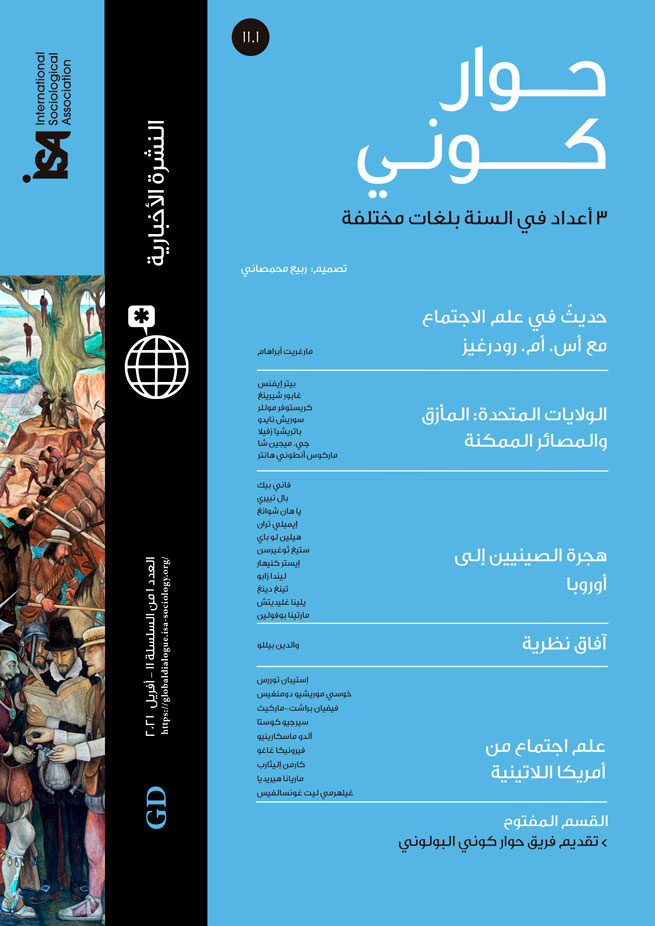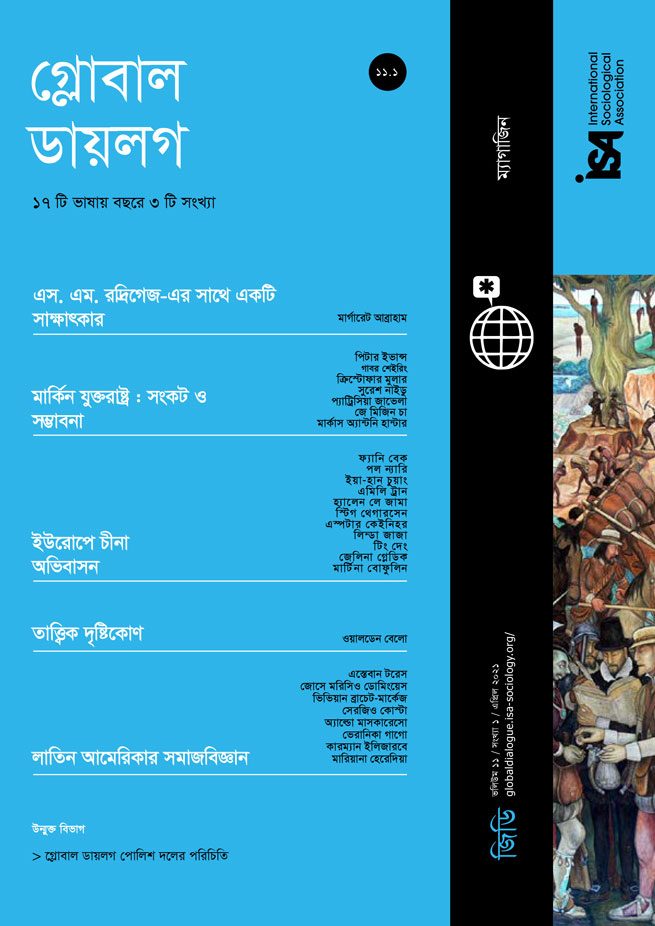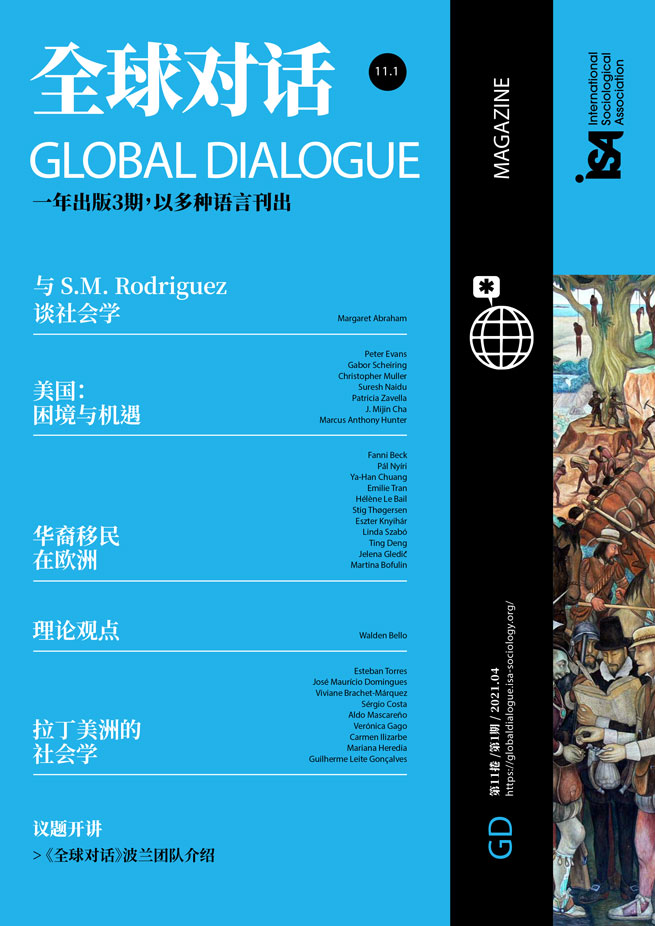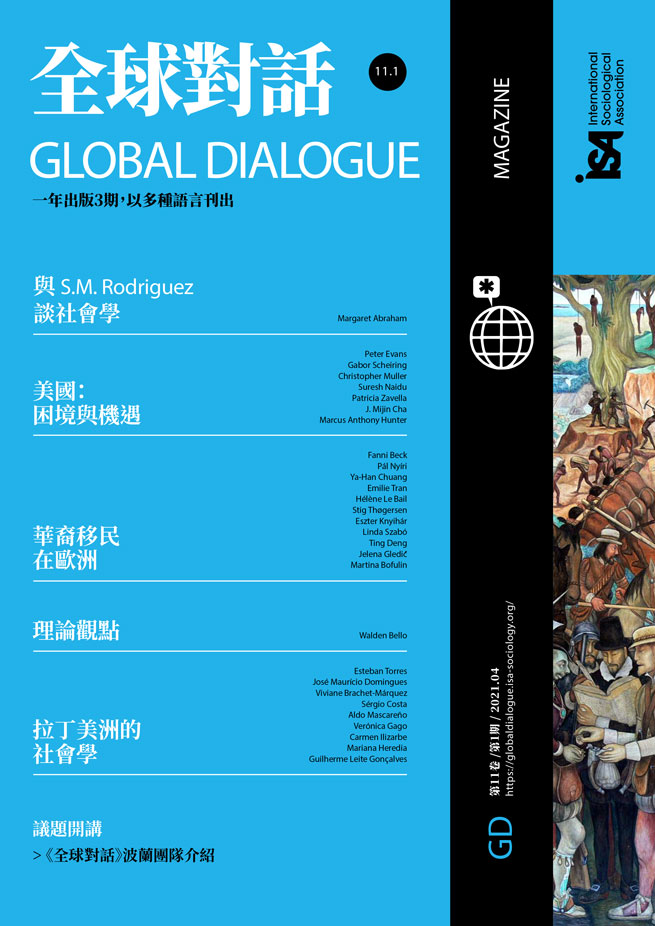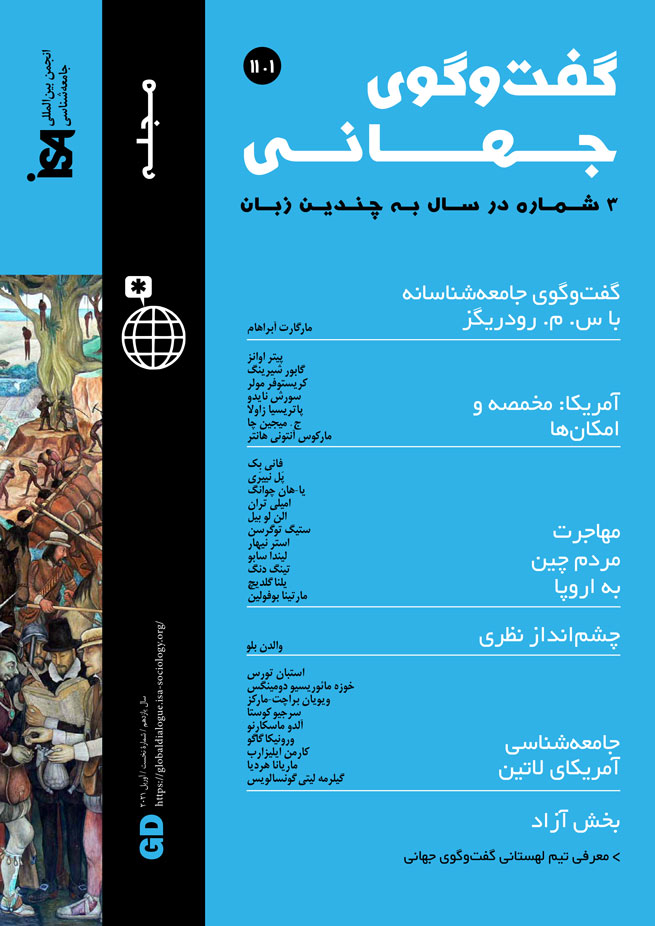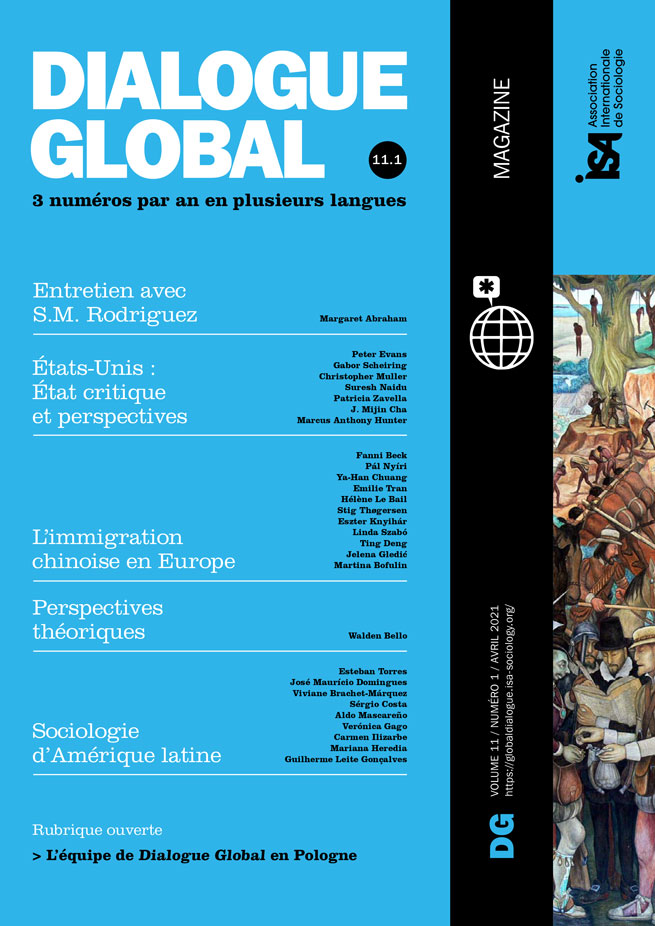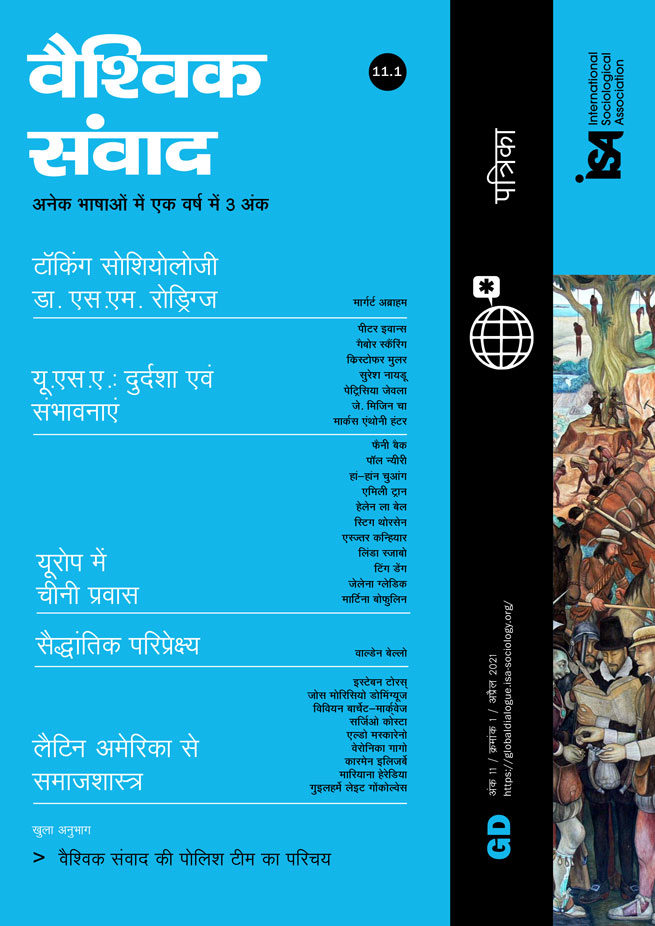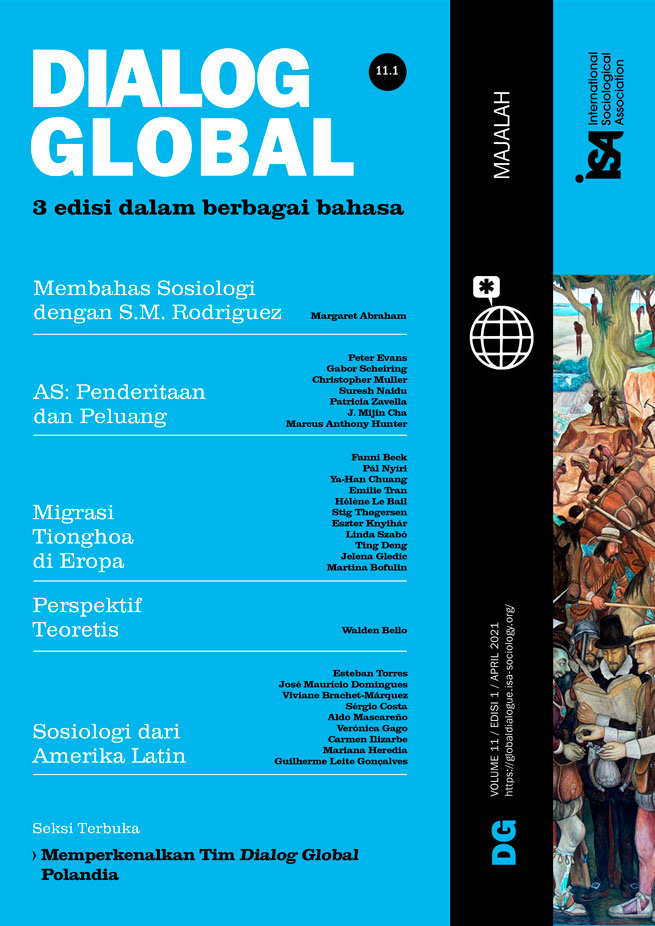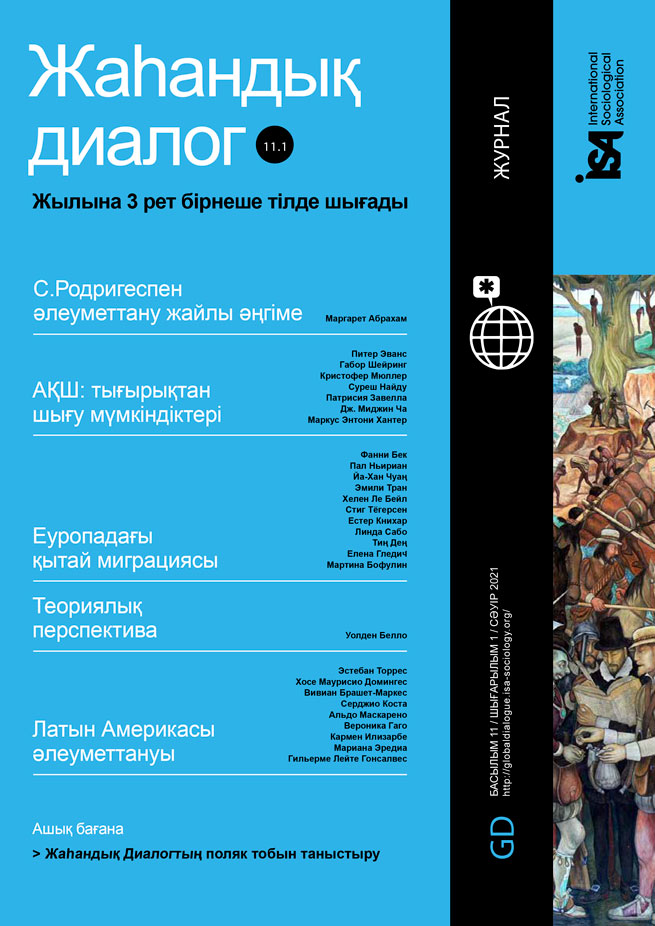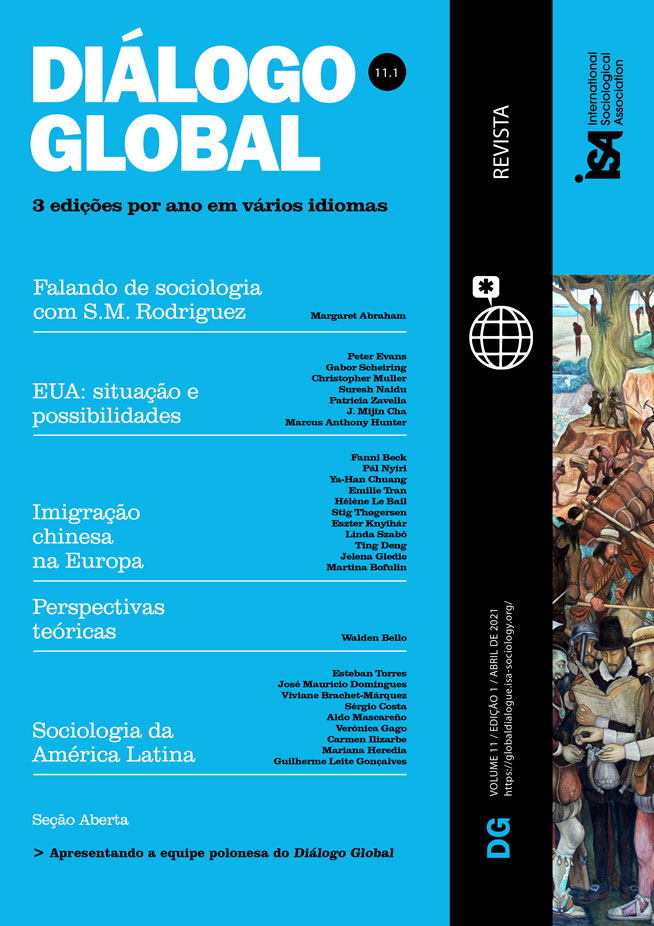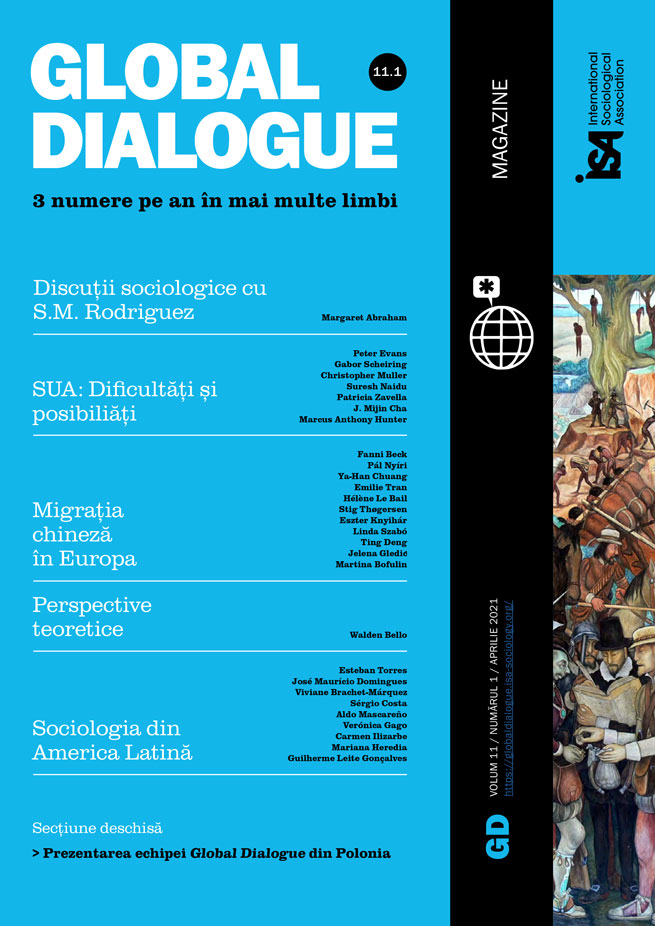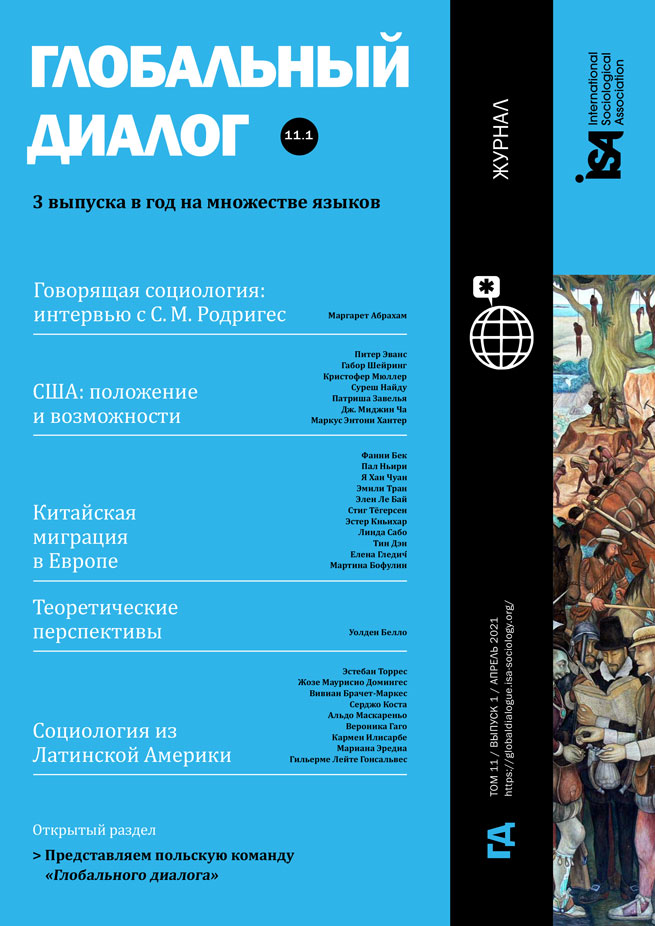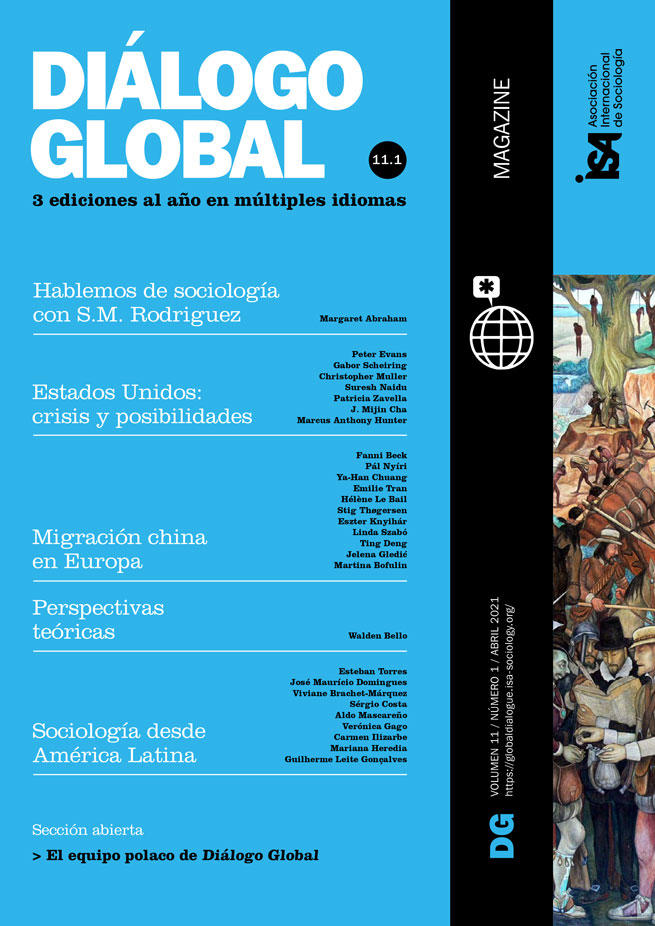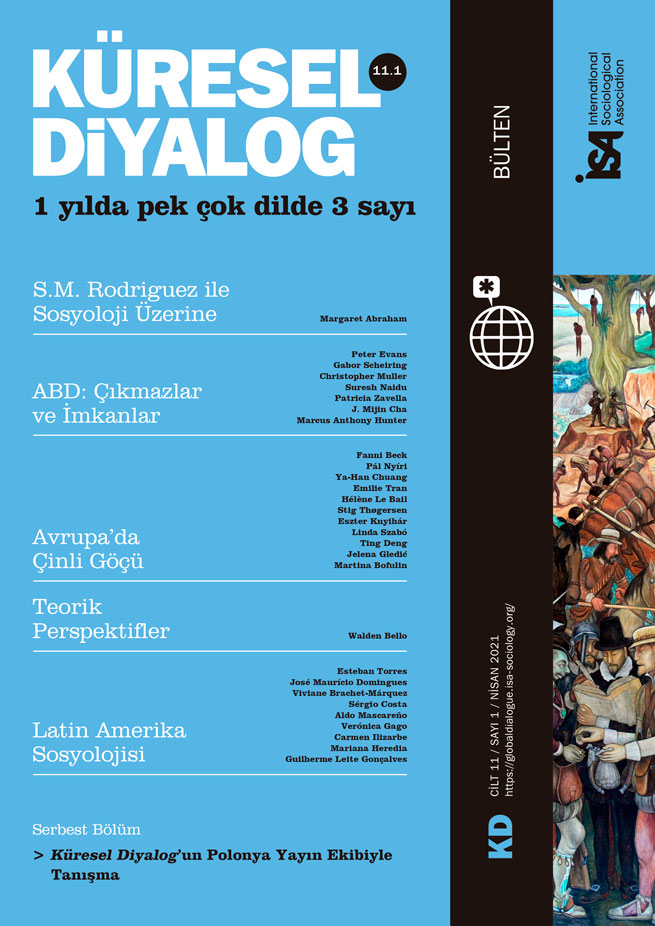The economic devastation wrought by COVID-19, against a background of extreme wealth and income inequality, would seem to be a perfect recipe for a revolutionary situation. Consider the most mechanical economic determinist theories of social mobilization: high structural inequality plus transitory economic shocks and weakened state capacity should translate into a crisis of the state and a potential regime change. At the very least, such theories would predict that Bernie Sanders would have won a landslide victory as the working-class masses in the United States rallied to his redistribution-focused platform.
But instead we have a continued political stalemate that likely will lead to further state paralysis. Autopsies of the 2020 election will proliferate for the foreseeable future. But in the background looms the fact that education, around the world, continues to be one of the strongest predictors of voting for the Left and indeed even of left-wing activism. How should we understand the cleavage between Piketty’s Merchant Right and Brahmin Left? Does it mean that a materialist approach to political analysis needs to be abandoned? We don’t think so. But it probably needs to be supplemented by an analysis more attentive to the social divisions produced by credential-based exclusion and exploitation.
Consider two points.
First, universities, at least since the 1960s, have become one of the most important venues for institutionally reproducing the ideas of the Left. Conservatives lament this fact, and as we hurtle toward climate catastrophe and nurse ourselves out of a pandemic, it is remarkable how many of them are kept up at night by lopsided campus politics. But it is indisputable that universities, along with most of the culture industry, are thoroughly captured by Democratic partisans. Nowhere is this truer than in the departments that study society: even professors of economics, widely believed to be a conservative discipline, lean Democratic at a 4:1 ratio (sociology clocks in at 44:1). And it is not just centrist Democrats, but many on the Left, who inherit their politics from college.
Second, since the 1970s, the fortunes of people who have not graduated from college have been eroding in both absolute and relative terms. The college premium steadily increased from the late 1970s through 2000. Today, even as the student debt crisis and the 2009 recession have imperiled a generation of college-educated youth, the costs of not graduating from college are unmistakable, illustrated most starkly by the startling rise in mortality among people without a BA documented by Anne Case and Angus Deaton. Even private-sector unions, the archetypal working-class organization, have become increasingly filled with college graduates, while unionization eludes most low-wage workers.
These two points are usually discussed in isolation, but it’s helpful to think about them together. When we do, we can see that universities have increasingly persuaded their graduates of the soundness of ideas like a global wealth tax or a Green New Deal at the same time that they have widened the social, economic, and rhetorical distance between them and the vast bulk of voters in our society.
This estrangement creates an impasse for any movement hoping to build a majority. The resurgence of the Left has revitalized the online public square, bringing to mainstream media outlets powerful ideas for reimagining society that would have been considered fringe even a few years ago. But while online debates between the Left and the center, or within the Left, are vital and necessary, they are also almost exclusively within-BA exchanges, exhibiting many concerns foreign to the 60 percent of people born after 1982 who do not have a college degree. Too often, the concerns and movements of these non-college graduates, organized around kitchen tables and housed in churches and community centers, are only loosely connected to the worlds of the writers who try to channel them into policy demands.
It is obvious that narrowing income and wealth inequality will require narrowing the economic gulf between those with and without a BA. But it is less obvious, and possibly more important, that the social gulf be narrowed at the same time. The task, then, is to hold hands across divides of education and build social networks between the college-educated Left and the non-college educated, turning these networks into organizations accountable to working-class leadership. How might we do this?
One strategy is to expand access to universities and lower both the financial costs and the private benefits of a college education. The university does for the Left what the military does for the Right. The Right makes this fact a reason to defund the university. We should make it a reason to demand free college for all and more public funding for higher education and basic scientific research. Because the returns to a college education depend on its scarcity, this would narrow the economic gap between people with and without a BA. But compressing the college premium and lowering the costs of attendance will still leave a sizable proportion of the population who would prefer not to go to college, and communicative rifts across the educational divide will remain.
Another strategy could be to change our rhetoric, focusing less on debating small differences with people whose politics are close to our own and focusing more on highlighting the radical implications of the commitments of people whose views appear far from our own. Surely there is a role for making our ideas more accessible and palatable to wide audiences and for pointing out connections between the ethics that attract people to service and charity and the ethics that draw them to wider spheres of political engagement and concern. But ideas, even when widely disseminated, will only get us so far. People can hear an idea or receive information and yet not be part of a social network that reflects it back to them in conversation and shared references. The Sanders messaging suffered from no lack of reach and appeal, but it took root only where organizations of immigrants, workers, and immigrant workers echoed those messages within their membership-based networks.
Thus the first two strategies likely will work only if they help to build and sustain working-class organizations. Is there a role for college-educated leftists in this effort? One might be building graduate and precarious academic as well as tech and media-worker labor unions, generating factions of intellectuals integrated into the labor movement. Another might be expanding the range and number of “house intellectuals” maintained by labor unions and other organizations so that they could pursue an intellectual life outside the university, free of professionalizing pressures and academic cant. In the past, the work of such intellectuals has often been strategic, but in the future it may increasingly be technical as well. Some might use the engineering tools they learned in college to strengthen their organizations’ legal, technical, and administrative capacity. Others might use the tools of experimental social science in the service of organizing drives, much as MIT’s Poverty Action Lab uses them for donor-driven development. Contemporary unions, for example, are data-driven organizations that need software infrastructure and analysis that can generally be built and performed only by people with specialized skills. This kind of work could be modeled on movement lawyering, whose principle is putting college-educated leftists to work for organizations run by the noncredentialed.
Likely a mix of these three strategies will be necessary for the college-educated Left to transcend its class interest: fighting to expand access to college, changing rhetoric and culture on the Left to be more inclusive of a wide variety of discursive backgrounds (perhaps by enforcing transparent norms of mutual respect), and abandoning the foundation, governmental, and donor-driven spaces it occupies for organizations that actually are accountable to working-class Americans.
Christopher Muller, University of California, Berkeley, USA <cmuller@berkeley.edu>
Suresh Naidu, Columbia University, USA <suresh.naidu@gmail.com>





